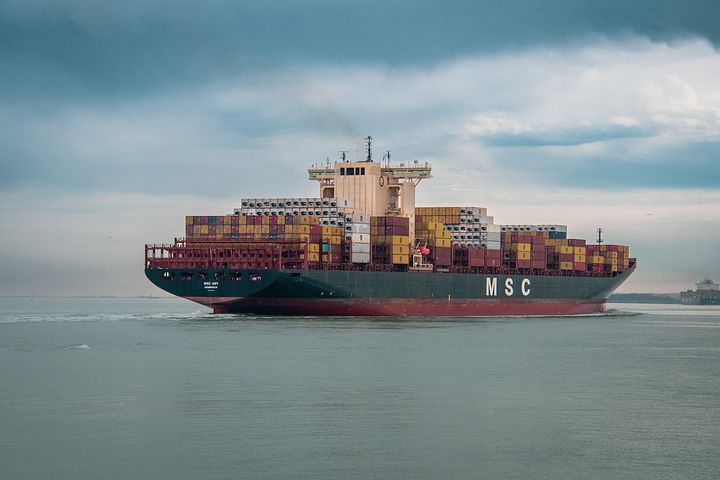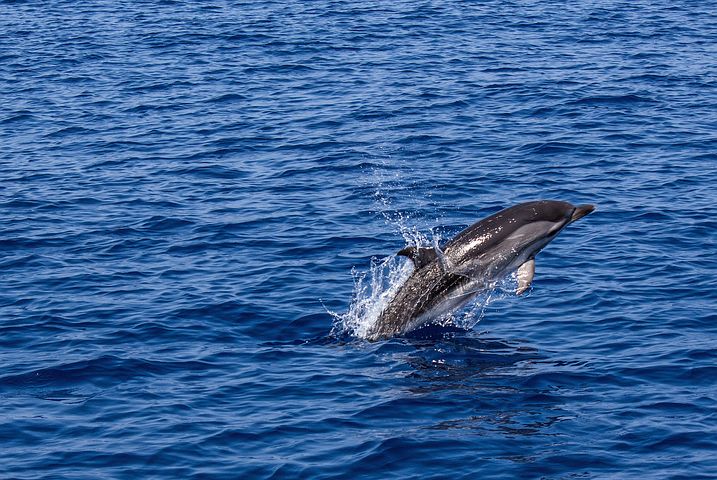The "Blue Economy" has received much attention lately, especially in discussions about sustainable development and the preservation of ocean resources. For better understanding of the term, it’s better we give it a formal definition. A Blue Economy is the sustainable use of ocean resources for economic development, bettering human lifestyles, and maintaining marine ecosystems.

Food, energy, transportation, and recreation are just a few of the resources and services that the ocean's vast and complex ecosystem offers. The goal of the blue economy is to use these resources without endangering the health and well-being of the ocean ecosystem. Managing ocean resources takes a holistic strategy that acknowledges the interconnection of economic, social, and environmental factors.
Adopting sustainable methods that reduce the adverse effects of human activity on the ocean environment is one of the fundamental tenets of the blue economy. This can involve taking steps to conserve marine biodiversity, cut back on pollution, and stop overfishing. The Blue Economy aims to produce long-term benefits for humans and the ocean environment by implementing sustainable practices.
Some Known Advantages Of Blue Economy
Creating cutting-edge technology and business structures that permit the sustainable exploitation of ocean resources is another crucial component of the blue economy. The creation of sound and safe renewable energy sources, such as tidal and wave power, as well as the application of biotechnology to the creation of novel pharmaceuticals and other items generated from marine organisms, can all fall under this category.

The larger objectives of sustainable development, such as poverty reduction, food security, and climate action, are intimately related to the blue economy. The Blue Economy can contribute to these more general objectives and enhance the lives of people worldwide by developing economic opportunities based on the sustainable use of ocean resources.
What Are The Challenges of Blue Economy?
Most of the prevalent challenges of the blue economy are associated with the same problem that triggers climate change and it’s equivalent. Some world environmental protection agencies like the Environmental Protection Agency, United Nations Environment Programme, Natural Resources Defence Council, The Nature Conservancy, Global Environment Facility, World Wildlife Fund (WWF), and many more are currently dealing with.
Some of the known challenges (which are the commonest) include:
1. Over Fishing
This is common among multinational companies that use fish as raw materials for their products. This activity has grossly depopulated the numbers of fishes in the ocean, hence, ruining excretion and hindering the nutrient recycling process, which would have been to the advantage of the algae and sea/ocean grasses because they need it for their growth.
2. Man-made Pollution
This is actually the commonest and the most dangerous of all the challenges. The culprits are usually the oil companies and manufacturing companies, who often dispose of toxic wastes in the ocean.
3. Sea Piracy/Ship Robbery
This is another major challenge of the blue economy; this has posed a lot of insecurity to the existence of the blue economy. Recently, world bodies have raised the alarm about the rising incidents of pirate activities. According to data from the International Maritime Bureau, 58 cases of pirate attacks were reported to have happened from just January to June 2022.

There are other challenges of the blue economy that aren't mentioned here, and most of them are artificial. But some organizations are doing their best to ensure this menace is controlled.
Conclusion
The Blue Economy generally reflects a shift in perspective toward how ocean resources are used. It has the potential to produce long-term advantages for both people and the ocean environment by using a comprehensive and sustainable strategy and contributing to the larger objectives of sustainable development.





